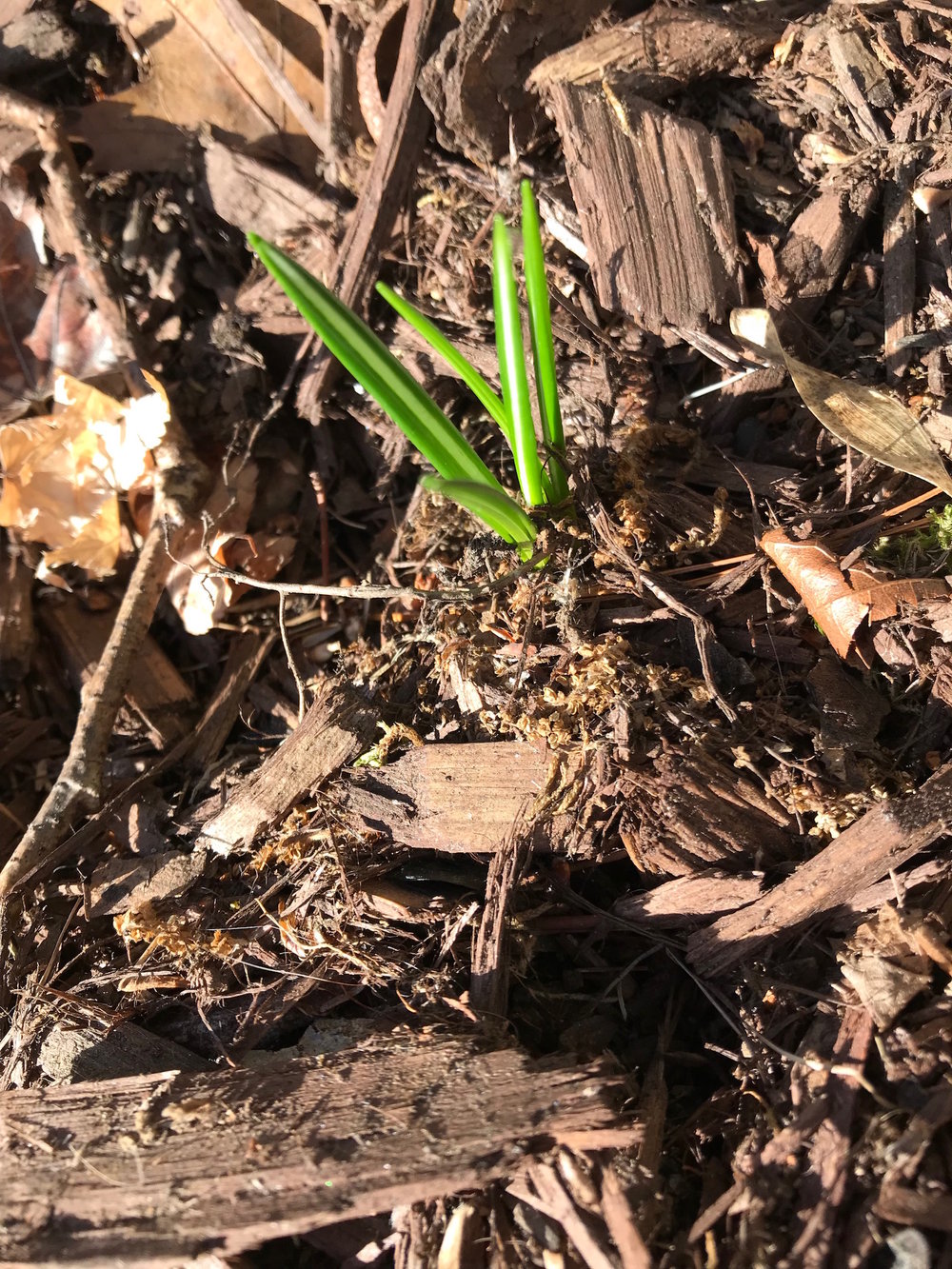When the YouTube video went viral, people asked for her advice on organizing and decluttering, and praised her philosophy about “living large” in a small space. That was the motivation for her second book, 90 Lessons for Living Large in 90 Square Feet (…or more), which tells how living tiny made her life larger, but it also offers lessons on how to live the life you want in any size space.
You can connect with Felice on Twitter, Facebook, LinkedIn, Pinterest, blog, or website.
Linda Samuels: You pursued your dream of moving to Manhattan and becoming a writer. To afford that life, you chose to live in a tiny space with a minimal amount of stuff. What is one of the lessons you learned about living clutter free?
Felice Cohen:In truth, I planned only to stay one year in that tiny space, but at the end of that first year, I discovered that living tiny and living with less gave me more. More time to do what I loved like writing, cycling, going to the theater, traveling. Plus, my stress went down. I no longer had to work long hours at a job I didn’t love to pay for extra space I didn’t need. As a result, my happiness went up, and I wound up staying 5 years.
Linda: In your book, 90 Lessons for Living Large in 90 Square Feet (…or more), you talk about the “Buh bye” concept, which you found helpful when you worked with organizing clients. Can you describe what it is and what made it useful?
Felice:Getting rid of stuff can be hard. We are attached to things for many reasons, some because they’re sentimental or because we think we might need them. The “buh bye” concept adds humor to what can be a tough activity. When my clients say, “buh bye” out loud as they put something into the giveaway pile or in the trash, it not only lightens the mood, but it empowers them as though they’re saying, “I don’t need you. Buh bye!”
Linda: Some of us tend to accumulate more than we release, which can result in clutter. Can you share some advice to encourage us to let go?
Felice:Start by asking yourself: “What do I want my home to look like?” Everything in its place? No piles on the counters? Closets you can open without the fear of something falling on your head? Keep that image in mind as you work. Remind yourself this is your home, you should be happy there. It’s not easy to get out from under clutter, but it’s doable. Take baby steps. Also, as we grow up and get older, our lives change, and so do our tastes and passions and goals. You might be holding onto things from a previous chapter in your life. By letting them go, you’re making room for new chapters.
Linda: What is your most surprising discovery about clutter?
Felice:About how clutter has a huge effect on people, both mentally and emotionally. Clutter can cause depression and stress. It can also keep you from being productive and happy. Many people want to get rid of the clutter, but it can be overwhelming when you don’t know where to begin. Seeing clutter also tells your brain “you should clean this up” and makes you feel bad for not doing it. The trick is not to beat yourself up.
Linda: What has been your biggest personal challenge around clutter?
Felice: I’m a very sentimental person so holding onto things from my past is my Achilles heel. Things like letters from friends and my varsity high school jacket. This stuff is still in my childhood bedroom on Cape Cod where I now spend my summers. At the beginning of every summer, when I get to my parents’ house, I spend a few hours the first weekend going through all of it. And every summer I get rid of a lot. I’m down to 2 totes from 10. Sometimes it takes us a while to get rid of stuff. Every year I get further and further from that time in my life, and it gets easier to let it go.
Linda: Is there anything you’d like to share about clutter that I haven’t asked?
Felice: At the end of the day it’s not about the clutter, but about you. If you’re okay with the piles and the disorganization, fine. But if you’re not, do something about it. It’s not easy, but it’s not rocket science. Put on music that gets you moving and try to get rid of 5 things a day, whether for trash or donation. After a week that’s 35 things. That’s a lot.
Thank you, Felice, for joining us. You shared so many inspiring ideas and showed us that for you having less clutter and space equated to lower stress, more happiness, and time to pursue what you loved doing. It’s clear that you understand how letting go of things can be challenging. I love your suggestion to release five items a day and notice how quickly that yields significant results. As you said, “By letting them go, you’re making room for new chapters.”
Join Felice and me as we continue the conversation. What resonates with you?












